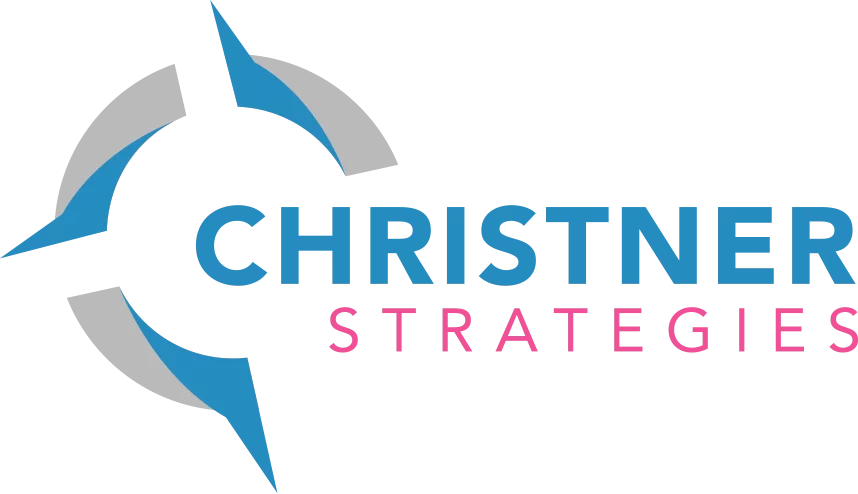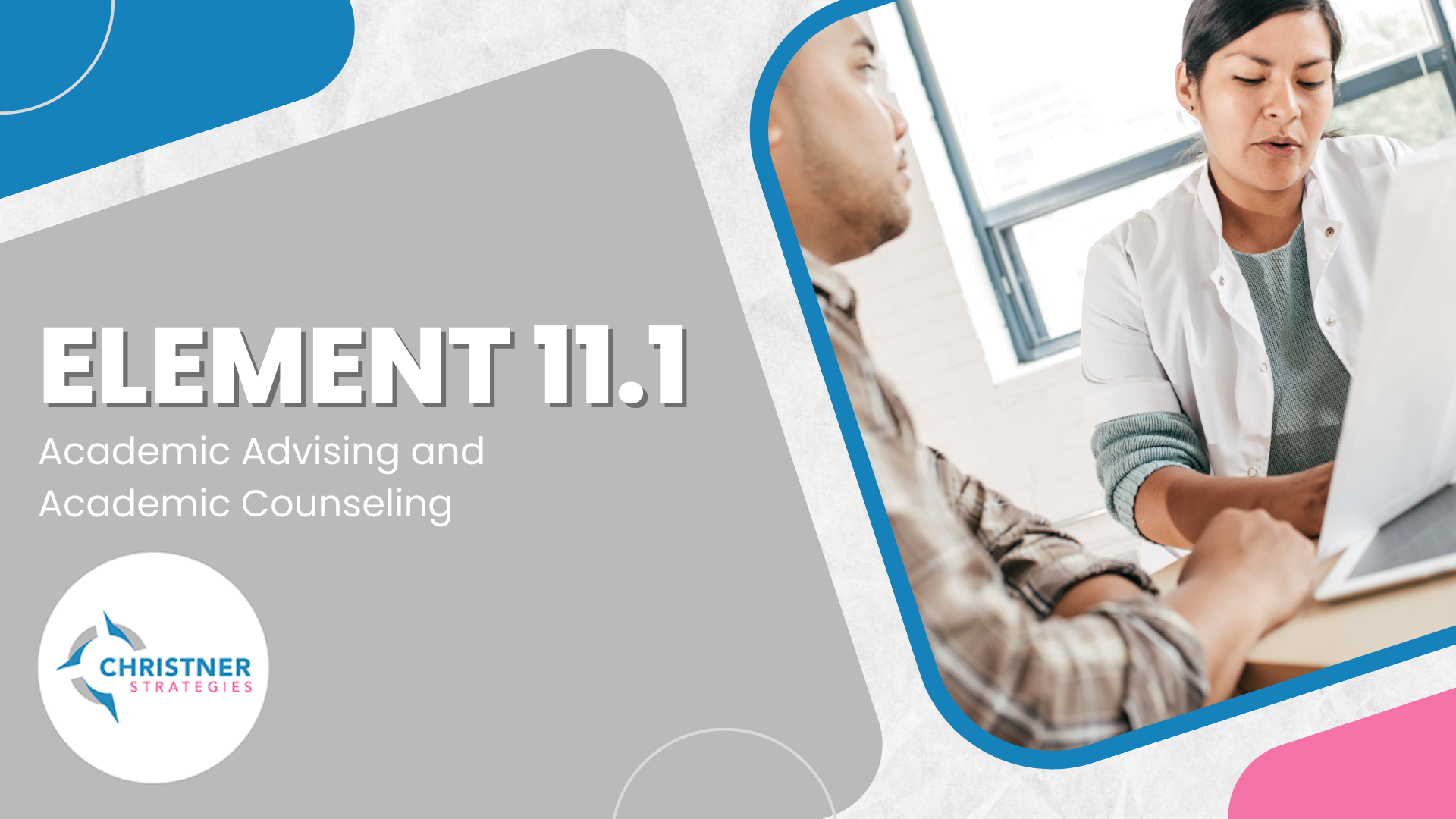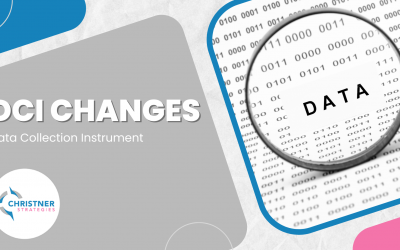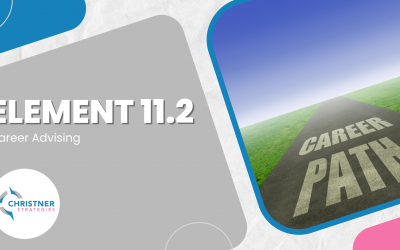LCME Element 11.1 – Academic Advising and Academic Counseling
A medical school has an effective system of academic advising in place for medical students that integrates the efforts of faculty members, course and clerkship directors, and student affairs staff with its counseling and tutorial services and provides medical students academic counseling only from individuals who have no role in making assessment or promotion decisions about them.
Hidden Curriculum
This element is commonly cited per the LCME. A school must provide Academic Advising and Academic Counseling to all students throughout the M1-M4 years. The keyword to remember on this element is “effective system.” Where is the evidence that what you are doing is effective?
The LCME wants to see that your school has a system to identify, triage, and provide counseling to students at risk for academic difficulty. These services must be available not only to students the school identifies, but to any student who requests academic counseling. Services must be administered by trained faculty and staff in the Office of Student Affairs as well as full-time academic counselor(s)/advisor(s) with no role in teaching or assessing students.
Your school must also provide evidence that your system for academic advising and counseling is effective through the collection and analysis of data on student outcomes and satisfaction.
And don’t forget about Element 9.7, Formative Feedback. Though this element is typically the focus of ensuring mid-clerkship feedback is provided to all students, the element also states that “[t]he medical school’s curricular governance committee ensures that each medical student is assessed and provided with formal formative feedback early enough during each required course or clerkship to allow sufficient time for remediation.” Coupled with 11.1, these two elements are interrelated, and schools need to be sure there is symbiosis.
Best Practice
Does your school have a process to support early identification of students in academic difficulty? In all phases of the curriculum, effective measures should be in place for early identification and ongoing tracking of students in academic difficulty and this process should be known to students and clearly articulated. This includes academic assistance, counseling, and/or remediation for those students. The individual attention that students receive from, for example, learning community advisors, clerkship directors, clinical faculty, and the Deans of Student Affairs, as well as careful monitoring by the student promotions committee, strengthens your school’s ability to identify and support students during medical school.
Does your school provide sufficient resources to support academic advising and counseling services through the school of medicine and/or institutional level? A full array of offerings allows students the opportunity to receive support from peer tutors, course directors, advisors, and study skills experts both within the school of medicine and in some cases, institutional level. The listing of services could be advertised at matriculation, in mandatory transition to medical school meetings, dean’s hours, on the school’s web-based learning management system (blackboard/canvas) and through individual outreach to at risk students. Students should be referred to your school’s version of an Academic Success Center for one-on-one counseling and if indicated to Disability Services for consideration of accommodations and/or appropriate intervention.
Do your students have options to obtain academic counseling from people who play no role in assessment or advancement decisions? For example, remember to have a policy in place that stipulates that Promotions Committee members must recuse themselves from voting and decision-making concerning a student whom they graded in a course for which the course grade is the subject of a pending adverse action. They should also recuse themselves if they have served as a faculty advisor, formal mentor, or had any other significant relationship. Academic counselors available to students within the School of Medicine can include specialists with no role in grading or promotions such as the school’s Office of Student Affairs. Students should have numerous choices and therefore the option to obtain academic support without fear of the tutor or counselor’s involvement in the student’s academic promotion. In addition, in order to ensure there are no conflicts of interests, create position descriptions for staff in the Office of Student Affairs as well as academic counselor(s)/advisor(s) clearly stating they will have no role in teaching or assessing students.
Continuous Quality Improvement
Internal surveys are used to determine if a school is meeting students’ Academic Advising and Counseling needs. Although the GQ provides a critical data point for review of the effectiveness of the programming, the data is limited and does not capture real time assessment of programing in this area. To monitor program quality, incorporating questions regarding academic advising and counseling into internal surveys, such as an annual end-of-year survey, can be helpful. This ongoing evaluation can help identify areas for improvement and ensure students receive the necessary support to succeed.
Finally, be sure to use student progress data to ensure your school has an effective system of academic advising. When students at risk of academic difficulty are identified, follow their trajectory throughout the curriculum and the academic assistance interventions that are utilized. Share the data with faculty members, course and clerkship directors, and student affairs staff to be sure the academic advising programs being used are effective.




0 Comments